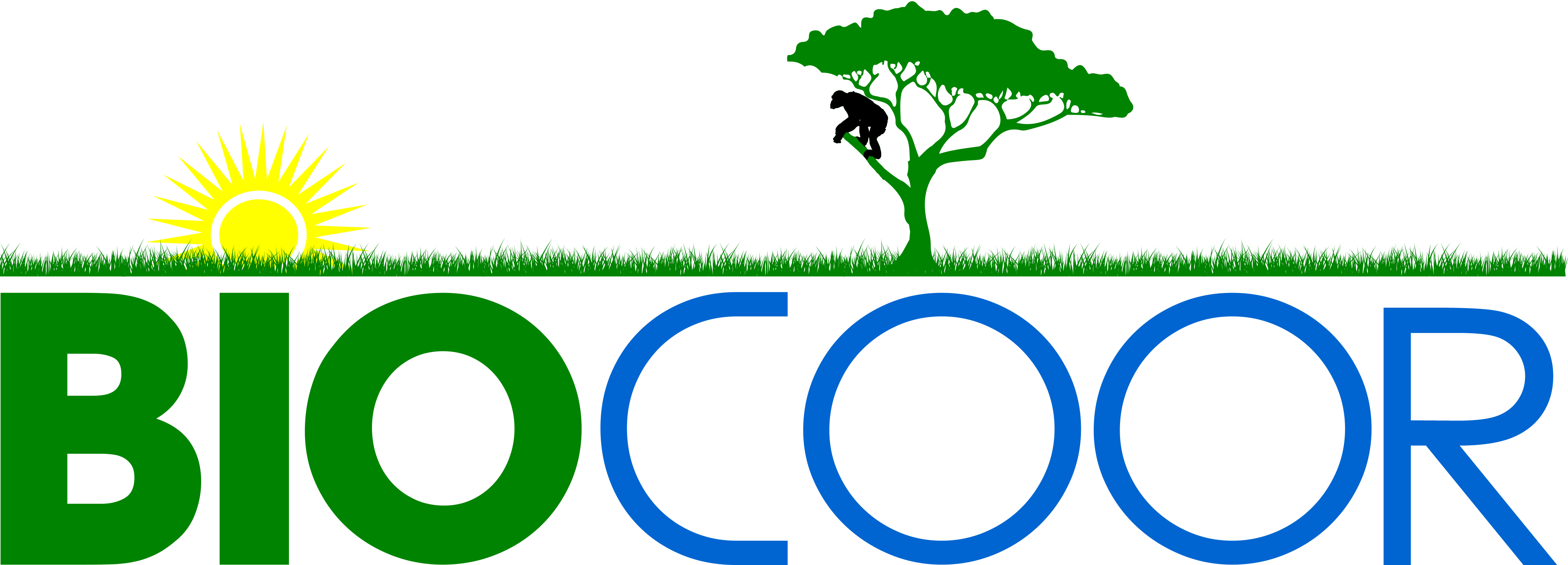Organizational Background
Empowering Communities, Protecting Biodiversity
Organizational Background
Rwanda is a country where about 86% of the people rely on agriculture for subsistence. Unlike other parts of the country, the districts of Nyamagabe, Nyaruguru, Rusizi, Nyamasheke, and Karongi suffer from highly acidic soil. This means that only certain crops can be grown, and the crop yields are very low. There isn’t even enough food to feed the livestock in those districts, let alone the 5,000,000 people who live in those districts as per the 2022 census.
In contrast, these districts are next to Nyungwe National Forest, an area that has the most biodiversity in the country and fertile soil. As a result, many poor people from these districts use the land in Nyungwe for illegal activities that destroy the ecosystem and threaten thousands of species of plants and animals. Nyungwe provides Rwanda with 70% of its water supply, so preserving this area is vital to the future of the country.
The overarching challenge is reducing poverty and improving access to food for the people of these districts while protecting the biodiversity of Nyungwe. The specific challenge is improving soil quality in the 5 districts so that people can grow more food and sustain more livestock, reducing the need to destroy the forest.
Climate Change Challenges
Climate change has affected the communities in this area (due to the structure of the landscape), and they really need support to adapt to its effects. The 5 districts where the project will be implemented are mountainous regions consisting of hills with peaks dominated by rural inhabitants practicing a combination of agriculture and livestock production. A large number of the population in the targeted zone experiences poverty and food insecurity, as they often eat only once a day without significant food diversification due to land scarcity and degradation (Baseline survey, needs assessment, direct relationship with the community).
This is due to unsustainable land use practices, land scarcity, insufficient non-farm employment, and high population density. Landslides and erosion wash out arable soil, and the soil becomes degradable due to the loss of fertility through erosion. Insufficient indigenous, agroforestry, and fruit trees block the interactions that can create more diverse, productive, profitable, healthy, and sustainable land use systems. Knowledge, careful selection of species, and good management of trees and crops (especially drought-tolerant crops) are needed to optimize production and positive effects within the targeted zone and minimize negative competitive effects.
Water Crisis and Energy Challenges
The absence of knowledge in climate change adaptation and mitigation practices is observed in the targeted zone. Insufficient knowledge and materials for energy-saving cooking stoves to diminish wood use in cooking are also a challenge, as a large number of households do not have forests for firewood, and it is difficult for them to access firewood (Baseline Survey).
The targeted zone is significantly impacted by the water crisis due to factors such as poor management of water resources, the use of a gravity system for Nyungwe water supply, population density, and climate change (landslides and more floods during the rainy season). In the targeted zone, there are few natural resources, and the economy is based mostly on subsistence agriculture by local farmers using simple tools and selling their production on small local markets, especially organized during the early evening, which implies the need for this project.
Our Values
- Being Humble
- Determination
- Focused
- Active
- Inspiring
Our Goals
- Increasing the livelihoods of the community and putting them at good standards of physical and financial capacity;
- Promoting Ecotourism around Nyungwe National Park;
- Unemployment alleviation focusing on youth and women by job creation and entrepreneurship development;
- Enhancing youth involvement in the implementation of our country's priority programs;
- Promoting integrated biodiversity conservation and development; and
- Integrating sustainable practices into local agriculture.
